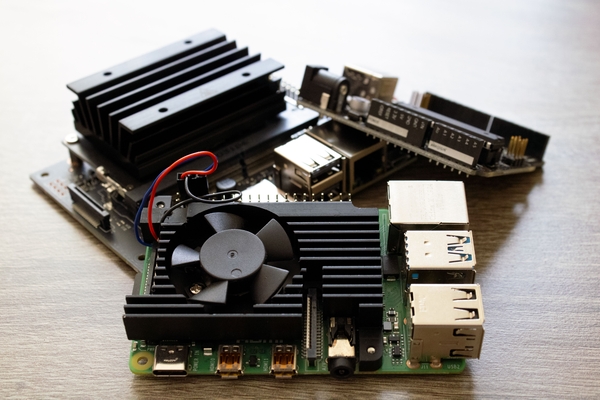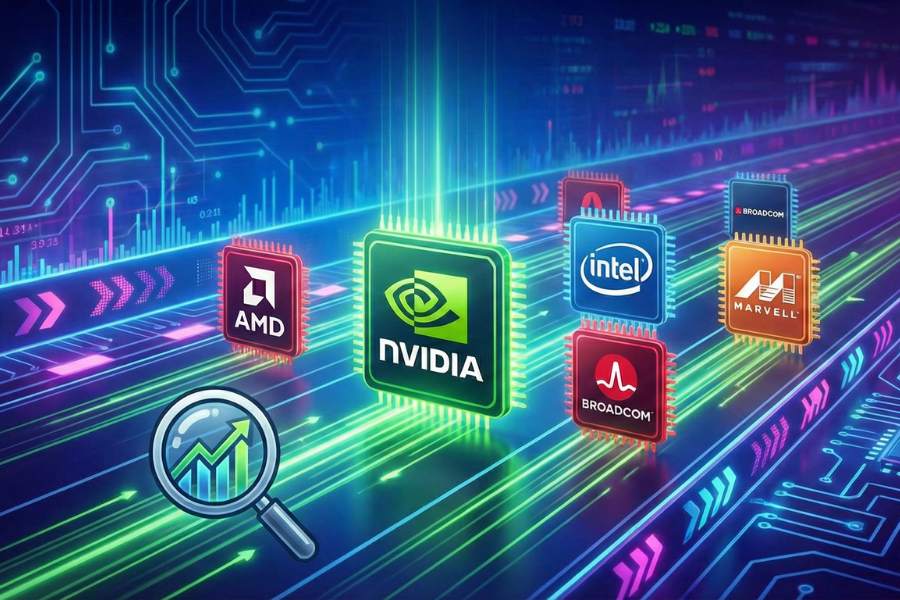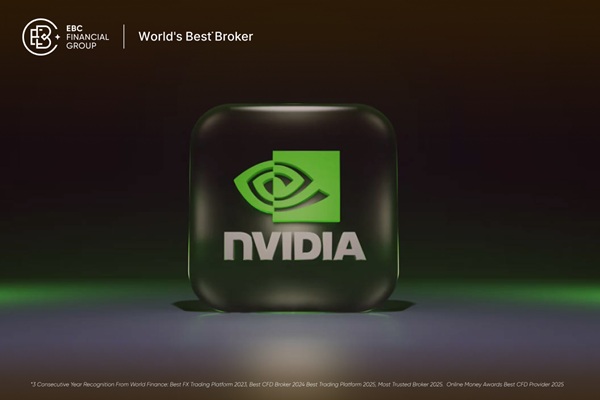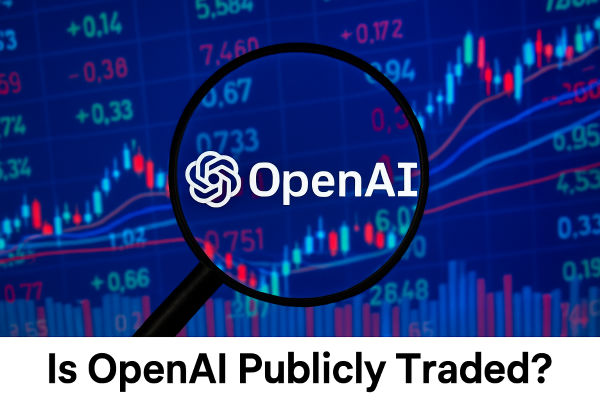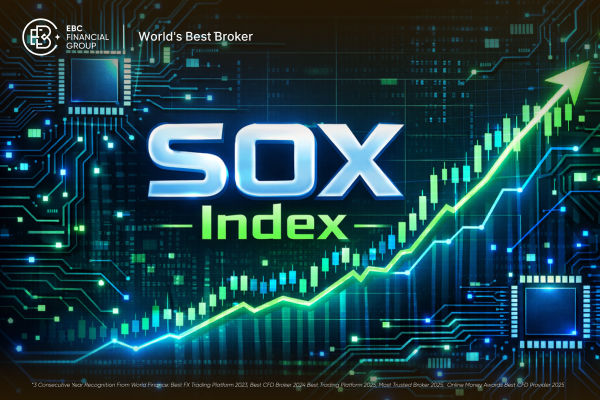NVIDIA Corporation Overview
NVIDIA Corporation is a leader in accelerated computing, providing innovative solutions for various industries. Founded in 1993 by Jensen Huang, Chris Malachowsky, and Curtis Priem, NVIDIA is headquartered in Santa Clara, California. The company designs and supplies graphics processing units (GPUs), application programming interfaces (APIs) for data science and high-performance computing, and system on a chip units (SoCs) for mobile computing and the automotive market. NVIDIA also participates in major technology events and conferences, such as the GPU Technology Conference (GTC) in San Jose, CA.
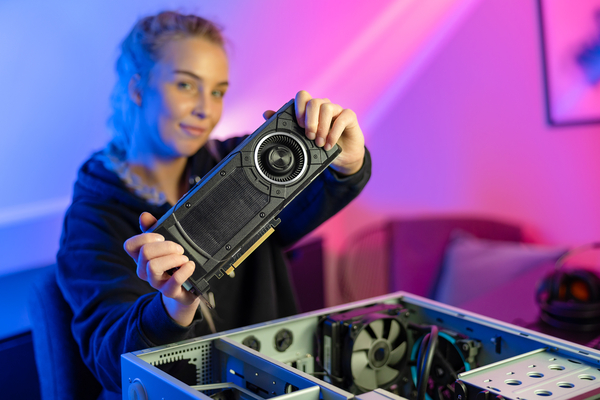
Nvidia's History of Innovation
Nvidia’s journey of innovation began with the launch of its first graphics accelerator, the NV1. This product was optimized for processing quadrilateral primitives through forward texture mapping, a technique that set it apart from other products on the market at the time, which focused on triangle primitives. In 1999, Nvidia made a significant leap in graphics technology with the release of the GeForce 256 (NV10). This groundbreaking product introduced onboard transformation and lighting (T&L) to consumer-level 3D hardware, paving the way for more advanced graphical capabilities in gaming and multimedia applications. As Nvidia continued to expand its reach and capabilities, the company made a strategic move in 2019 by acquiring Mellanox Technologies. This acquisition allowed Nvidia to strengthen its position in the high-performance computing market, further solidifying its role as a leader in both GPU and accelerated computing technology.
Technology and Products
Nvidia’s GPUs have become integral to advancements in deep learning and accelerated analytics, thanks to the company's CUDA software platform and API. These GPUs are widely used by researchers, laboratories, tech companies, and enterprises to tackle complex computing challenges. In the gaming world, Nvidia’s GPUs power some of the fastest systems available, offering features like ray tracing and AI-powered DLSS (Deep Learning Super Sampling) for an immersive, high-performance experience.
In addition to its hardware, Nvidia is a strong advocate for open-source software. The company provides its binary GeForce graphics drivers for X.Org and supports an open-source library that interfaces with various operating systems, including Linux, FreeBSD, and Solaris. In 2022, Nvidia made a significant move by open-sourcing its GPU kernel modules, which allowed for better power management and GPU reclocking for its Turing and newer graphics card generations.
Applications and Industries
Nvidia’s AI technology is revolutionizing multiple industries, particularly in areas like generative AI, speech recognition, and medical imaging. By providing the necessary computing power, tools, and algorithms for AI development, Nvidia is driving change across a wide range of sectors. The company’s contributions to AI and data centre technology continue to influence fields such as healthcare, finance, and research, where advanced computing capabilities are critical to innovation and problem-solving.

Gaming and Creating
NVIDIA GeForce RTX powers the world’s fastest GPUs, revolutionizing the gaming and content creation industries. With its cutting-edge technology, NVIDIA enables gamers and creators to experience unparalleled performance, realism, and immersion. The introduction of real-time ray tracing and AI-powered DLSS (Deep Learning Super Sampling) has set new standards in visual fidelity and performance. Gamers can now enjoy lifelike graphics and smooth gameplay, while creators benefit from accelerated rendering times and enhanced productivity. NVIDIA’s commitment to innovation ensures that both gaming and content creation continue to evolve, offering new possibilities and experiences.
Market Insights
Nvidia has established itself as a dominant force in the technology market, particularly in artificial intelligence (AI) hardware and software. As of the second quarter of 2023, the company held an impressive 80.2% market share in the AI hardware sector, reflecting its leadership in this rapidly growing industry. Nvidia’s GPUs are at the core of many cutting-edge applications, powering everything from AI research and data analytics to gaming and autonomous vehicles. The company’s strong presence is further reinforced by its consistent innovation and ability to cater to diverse industries. With its shares trading on global stock exchanges, Nvidia remains a top choice for investors seeking exposure to AI and high-performance computing technologies, solidifying its position as a leader in the tech landscape.
Leadership and Partnerships
Jensen Huang, the Chief Executive Officer of Nvidia, has played a pivotal role in driving the company’s success and innovation. Under his leadership, Nvidia has forged key partnerships with several organizations, including IBM, to develop software kits that enhance AI capabilities. These collaborations allow Nvidia to stay at the forefront of artificial intelligence and computing technology. Additionally, Nvidia’s Inception Program supports startups that are making exceptional advancements in artificial intelligence and data science, fostering innovation and accelerating the growth of emerging companies in the tech space.
Conclusion
Nvidia stands as a leader in accelerated computing, offering cutting-edge solutions that impact various industries, from artificial intelligence and gaming to automotive and robotics. The company's technology and products continue to transform AI and other sectors, providing powerful tools that drive progress across many fields. With a strong leadership team and strategic partnerships, Nvidia is well-equipped to overcome challenges and continue pushing the boundaries of innovation in the tech industry.
Disclaimer: This material is for general information purposes only and is not intended as (and should not be considered to be) financial, investment or other advice on which reliance should be placed. No opinion given in the material constitutes a recommendation by EBC or the author that any particular investment, security, transaction or investment strategy is suitable for any specific person.
